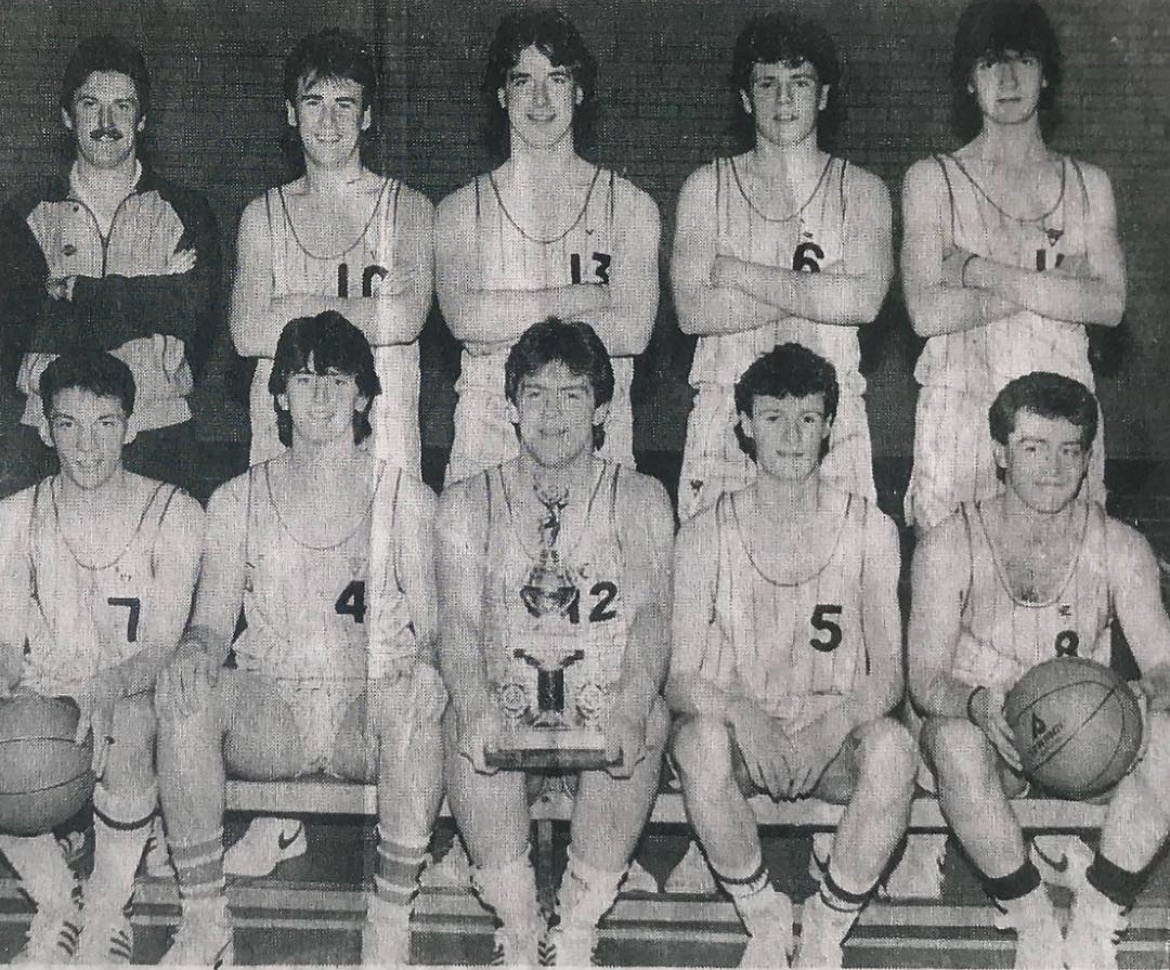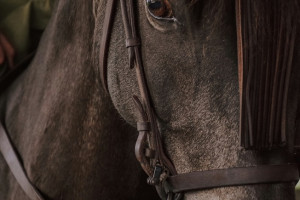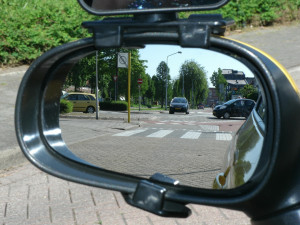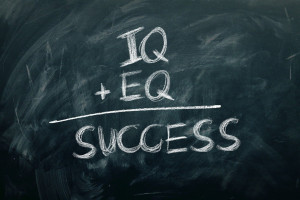The 40 year coaching seminar
My first experience of a coach was at university, back when that particular university was still a polytechnic.
I was standing outside the sports hall at Teesside, staring at the timetable for basketball sessions, without much ambition beyond playing a bit of recreation ball.
Basketball had come to me late in grammar school, but for a brief time I punched way above my weight. By pure good fortune, I found myself playing alongside five Irish internationals. We won one Ulster Colleges final, lost two others, and even made it to the All-Ireland series. It was a decent return from someone whose interest trumped ability.
Armed with this slightly shaky basketball CV, I hovered at the door of the gym in Middlesbrough when Graham Raynor, the coach, introduced himself. He was enthusiastic, even delighted that I was interested. Turned out he coached the English national team in his spare time He pointed me to the next session, which I duly attended.
The Whistle, the Sub, and the Lesson
My college basketball career was short-lived. Three sessions in, Raynor put me into a training scrimmage with a clear set of instructions I can still remember.
It was a defensive set-up. Not only did I follow his direction, but I managed to score in the follow-up. Raynor blew the whistle, turned to the bench, and shouted:
“And that’s exactly what I want you to do!”
He pointed at another lad, subbed me out, and that was that.
I never togged out for the first team again.
I slid into the role of victim. The team went on to win two consecutive BPSA titles without me. And it took me a long time to admit — to myself and to the world — that I probably wasn’t destined for the starting five.
Was it a lack of talent? Lack of drive? Or simply lack of interest?
Back then, I chose the easiest answer: lack of opportunity. Raynor never gave me a real chance. In one friendly against Liverpool, he even played himself — dodgy knee and all — instead of putting me in. I wasn’t even picked for the game team but had to attend the game.
The truth, of course, was more complicated. I was more interested in investigating student life than proving myself on the court. Middlesbrough’s industrial wastelands, battered by Thatcher’s recession, were still a safer playground than mid-Ulster at the time. I was free. Basketball wasn’t a priority.
And yet, looking back, (I still to this day) can’t help but wonder: did I ever really get coached? Did anyone ever create the space for me to discover what potential I might have had?
Forty Years On
Forty years later and I find myself on a different kind of student journey. Next month, my company Shift Control will celebrate twenty years in business.
In those two decades, I’ve worked in coaching, mentoring, and consultancy and only in the last month have I fully appreciated what coaching really is.
The International Coaching Federation (ICF) defines coaching as:
“…partnering with clients in a thought-provoking and creative process that inspires them to maximise their personal and professional potential.”
That word “inspires” is key.
Not shows them.
Not tells them based on your own experience.
“Inspires” them.
A coach isn’t there to hand over answers.
The coach is an alchemist – there to create the conditions. The receptacle, the environment — where discovery happens. The raw materials are the ‘listening’, ‘reflecting’, ‘questioning’, ‘observing’. The magic happens when those ingredients combine to spark awareness in the other person.
The Inner Game
I recently watched a video of Tim Gallwey, the renowned tennis coach who reframed the profession in the 1970s with his book *The Inner Game of Tennis*. His central insight was that the greatest opponent isn’t across the net — it’s in your own head.
Gallwey described the ‘two selves’:
– Self 1: the critical, analytical, judgmental voice.
– Self 2: the natural, intuitive performer.
Coaching, he argued, is about quieting Self 1 so Self 2 can play freely.
I doubt Graham Raynor ever read Gallwey. And I doubt it would have made him put me in the starting line-up. But whether the failure was his or mine, the lesson was profound.
Gallwey spoke about trusting that within each of us is an innate ability to do whatever we aspire to do — provided we can quiet the noise and focus our attention.
That sounds a lot like the ICF competencies: presence, trust, active listening, evoking awareness, facilitating growth.
They’re easy to recite from my notes. Much harder to live.
Presence, Trust, and Growth
Think about the relationships in your own life where you’ve thrived. They are most likely bound by, Presence, Trust and Listening (being heard)
– Presence: the other person was genuinely there with you, not distracted.
– Trust: you felt safe enough to explore honestly, without judgement.
– Listening: not just hearing, but really being heard.
From there, awareness grows and ‘growth’ becomes possible.
I had a debate recently about leadership. I argued heavily for the importance of presence. But presence without trust is hollow. And listening without presence is just noise.
Great leaders — like great coaches — weave these qualities together intentionally.
The Inside Job
In the past few weeks, as I’ve revisited what coaching really is, I’ve learned as much about myself as about the profession. The 19-year-old me had to wait decades to understand that the answers were inside all along. I just needed coached into finding those answers.
That’s the paradox of coaching. It looks like the coach is doing the work, but in truth, the transformation belongs to the other person. The coach provides the conditions. The client provides the breakthrough.
Successful coaching, it turns out, is always an inside job.
When I look back now, I don’t feel bitter about my basketball career (or lack of it). I feel grateful. That early experience gave me a long, slow lesson in what coaching is *not*. And it gave me the hunger to discover what it really can be.
Coaching isn’t about proving yourself to someone else. It isn’t about being picked for the team. It’s about unlocking what’s already inside you — and having someone beside you who believes enough to help you see it.
Thanks for reading
Paul







